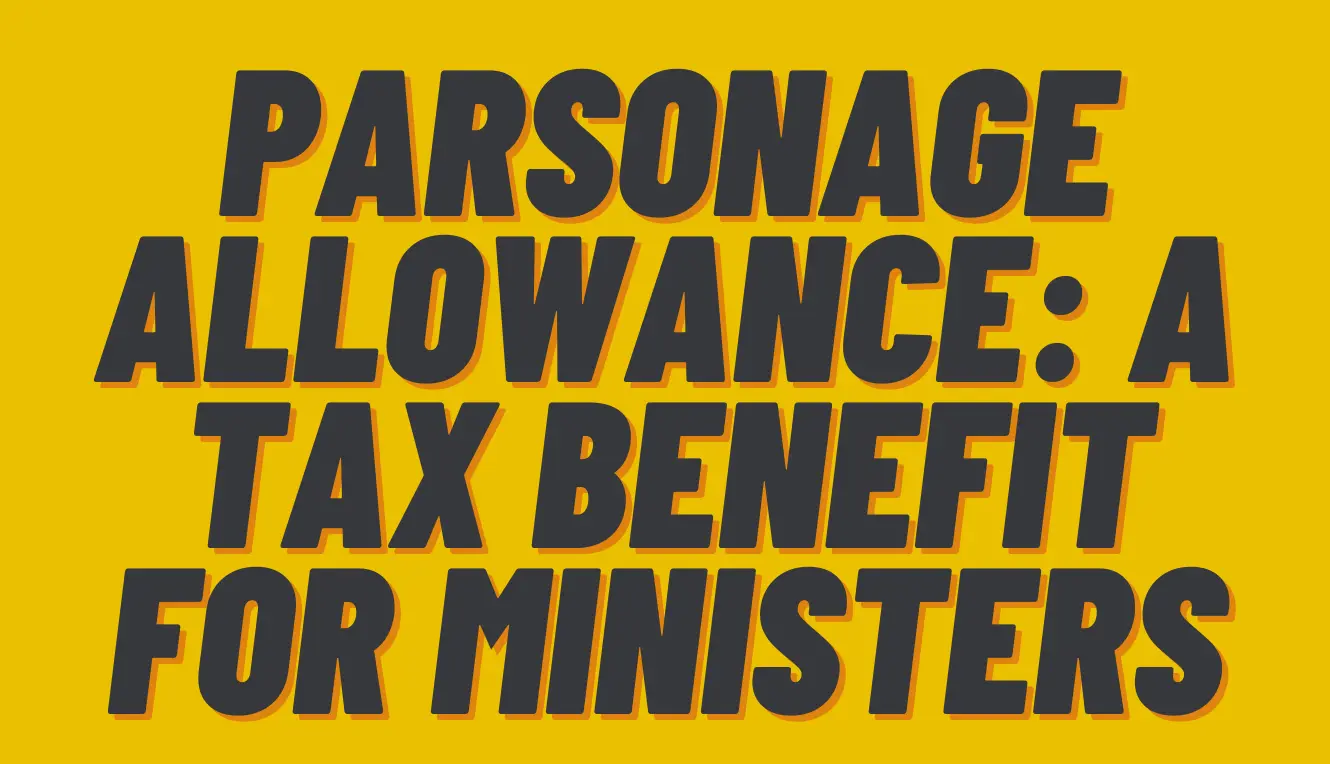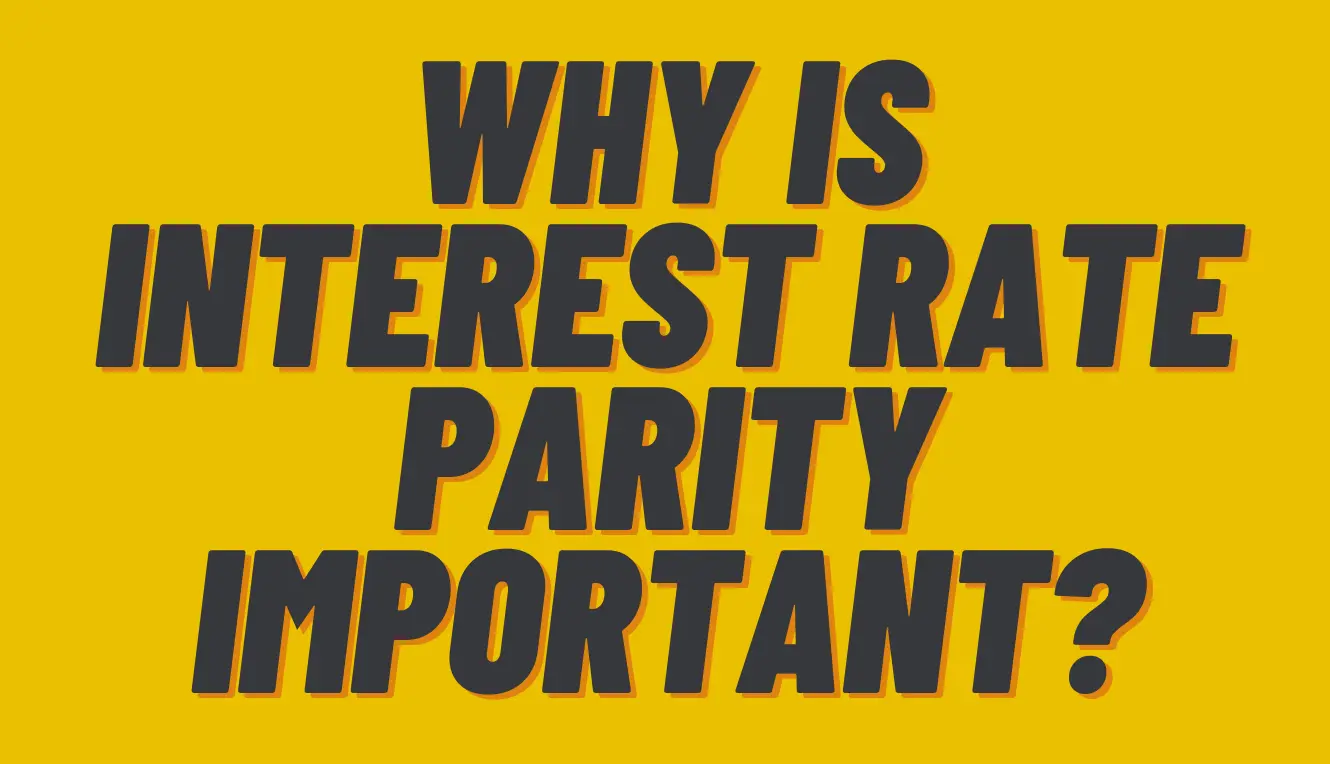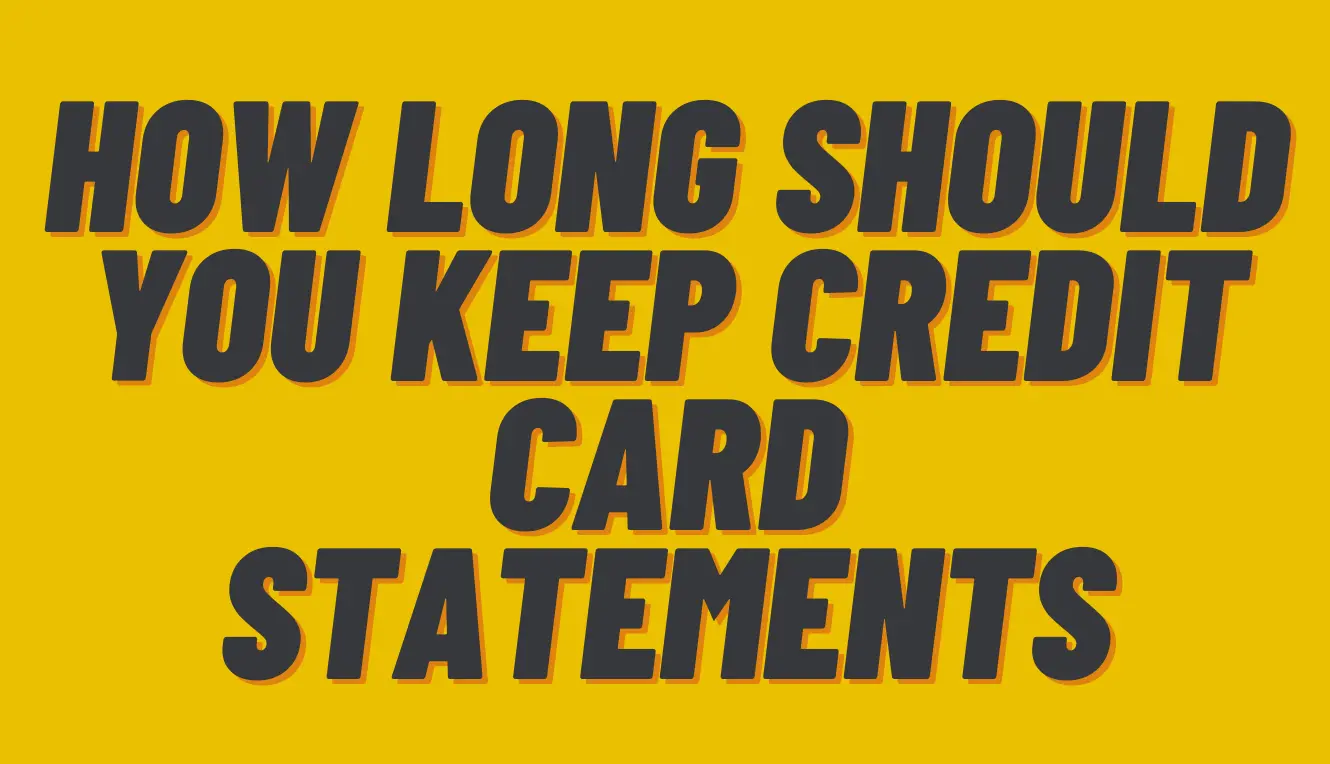A parsonage allowance is money that a church pays to its minister for housing. It is also called a housing allowance or a rental allowance. The parsonage allowance is not taxed as income, but it is taxed as self-employment.
How Does It Work?
To get the parsonage allowance, a minister must do three things:
- A minister must live in a home that they own or rent.
- The minister must use the parsonage allowance to pay for housing costs.
- Ministers must report the parsonage allowance on their tax returns.
The minister can keep the parsonage allowance as income if it is less than these amounts:
- The amount that the church says is for housing before paying it.
- The amount that the minister spends to own or rent a home.
The minister must use the parsonage allowance in the year they get it. If the allowance is more than the housing costs or the rent amount, the minister must pay tax on the extra money. The minister must also pay self-employment tax on all of the parsonage allowances.
What Costs Are Covered?
The parsonage allowance only covers the minister’s main home. It does not cover business property or vacation homes. The parsonage allowance covers these housing costs:
- Mortgage payments (principal and interest)
- Rent payments
- Property insurance
- Property taxes
- Utilities and service delivery
- Homeowners’ Association dues
- Remodelling expenses
If the church gives the minister a home to live in, instead of paying a parsonage allowance, the minister can keep the rent amount as income. The minister can also use part of their pay as a parsonage allowance to pay for furniture and other home costs that the church does not pay for.
If the minister uses a home equity loan to pay for home costs, it can be part of the parsonage allowance. But if the minister uses a home equity loan for other things, like education or personal expenses, it cannot be part of the parsonage allowance.
Why Is It Important?
The parsonage allowance helps ministers save money on income taxes. It also helps churches support their ministers and their housing needs. But the parsonage allowance has some rules and limits that ministers and churches must follow. The church must set the parsonage allowance before payment, the minister must use it in the year received, and both must report it on their tax return. The parsonage allowance must not be more than the housing costs or the rent amount. Legal authorities may question the parsonage allowance and tax it as self-employment.
So ministers and churches should be careful and honest when using and giving the parsonage allowance. They should also ask a tax professional for help with their specific situation.
Conclusion
The parsonage allowance is a tax benefit for ministers that allows them to exclude some or all of their housing expenses from income tax. It also helps religious organizations support their ministers and their housing needs. However, the parsonage allowance has some rules and limitations that must be followed by both ministers and religious organizations. The church must officially designate the parsonage allowance before payment, the minister must use it in the year received, and both must report it on their tax return. The parsonage allowance must not exceed the actual housing expenses or the fair market rental value of the home. The parsonage allowance is subject to self-employment tax and may be challenged by legal authorities. Therefore, ministers and religious organizations should be careful and diligent when claiming and providing the parsonage allowance. They should also consult a tax professional for advice on their specific situation.






